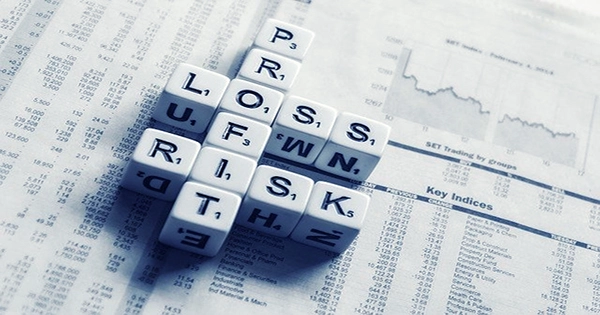Most business owners take risks naturally or, at the very least, are calculating visionaries with a clear plan of action to introduce a new good or service to fill a void in the market. Many business owners take significant personal risks by quitting secure occupations to devote their time (and perhaps their own money) to starting their own companies.
In the early stages of starting a business, spending time with family and friends can be difficult for entrepreneurs because there is no assurance of success or a guaranteed monthly income. Here are a few of the most typical dangers that every investor and entrepreneur should assess and try to reduce before beginning a firm.
Financial Risk: To start a firm, an entrepreneur will require money, which might come from family, personal savings, or loans from investors. The founder will need to have personal investment. Any new company should have a financial strategy that is part of the broader business plan that includes income estimates, the amount of capital needed to break even, and the anticipated return on investment over the first five years. If an entrepreneur doesn’t carefully plan, they run the chance of going bankrupt, which would leave investors with nothing.
Strategic Risk: Investors will be drawn in by a compelling company strategy. However, because of how quickly things change in our fast-paced, dynamic world, plans can quickly become obsolete. A corporation may fail to meet its benchmarks and key performance indicators if a planned strategy is incorrect due to changes in the market or the business environment (KPIs).
Technology Risk: Particularly in the Fourth Industrial Revolution period, new technologies are continually developing. One way to describe some of these changes is as “paradigm shifts” or “disruptive” technology. A new business may need to make significant investments in new systems and procedures to remain competitive, which could have a significant negative impact on profitability.
Market Risk: The market for a good or service can be impacted by a variety of things. New firms are vulnerable to the ups and downs of the economy and emerging market trends, and a particular product can be well-liked one year but not the next. For instance, when the economy is weak, people are less likely to purchase luxury items or non-essentials. If a rival releases a comparable product at a lower cost, the rival might take market share. Entrepreneurs should conduct a market analysis that evaluates market variables, consumer demand, and buyer behavior.
Competitive Risk: An entrepreneur should be always informed of its rivals. It may be a sign that there is no market for a product if there are no competitors at all. The market may be saturated if there are only a few major competitors, or the business may find it difficult to compete. Additionally, innovators and business owners should seek patent protection for their intellectual property in order to shield it from rivals.
Reputational Risk: The reputation of a company is crucial, and this is often the case when a new company is introduced and customers have preconceived notions. A new business may never acquire traction if it first let down customers. Word-of-mouth advertising and corporate reputation both benefit greatly from social media. A single angry customer’s tweet or unfavorable post can result in significant income losses. A strategy that conveys product information and fosters relationships with customers and other stakeholders can be used to manage reputational risk.
Environmental, Political, and Economic Risk: A sound business strategy or the appropriate insurance cannot always prevent some events. Companies and new business owners may be exposed to dangers such as earthquakes, tornadoes, hurricanes, wars, and recessions. An underdeveloped nation could have a sizable market for a certain product, but these nations might also be unstable and risky, or the logistics, taxation, or tariffs may make commerce challenging depending on the political atmosphere at any given time.
Additionally, some business sectors have a long history of high failure rates, making it challenging for entrepreneurs in these industries to obtain investors. These industries include consultancy, retail, and food service.
















